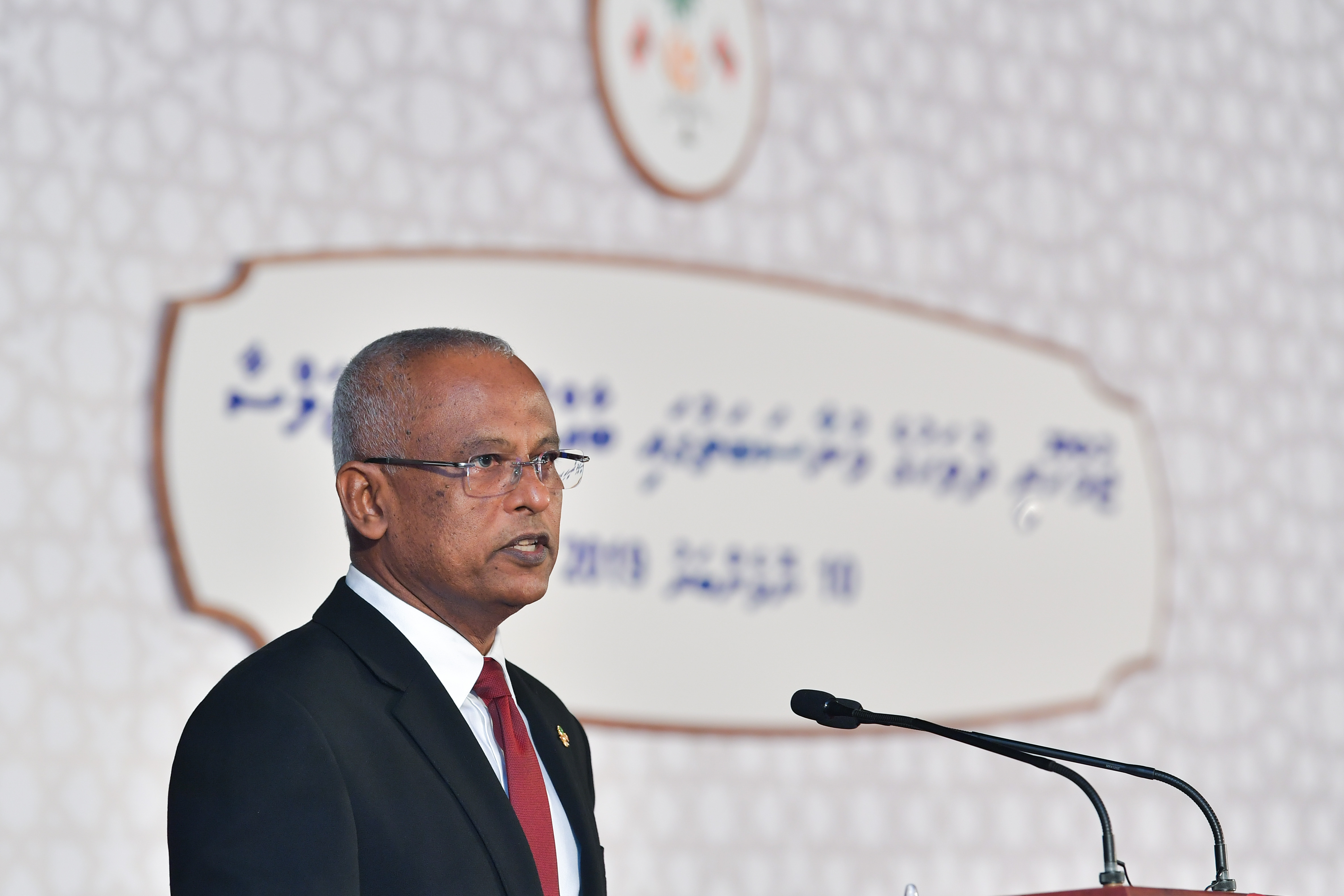President Ibrahim Solih has assured that he will respect the supremacy of the Constitution of the Maldives.
The concept of “Supremacy of the Constitution” confers the highest authority in a legal order on the constitution. Simply put, constitutional supremacy is the finality of the Constitution of a country over and above other governing authorities and any other legal instruments. Examples of countries with a constitutional supremacy system of government include the United States of America, Nigeria, Canada, Ghana, South Africa and so on.
Speaking at a function held to mark the Republic Day, President Solih emphasized that all branches of the government – executive, legislature and judiciary must respect the concept of Constitutional Supremacy – one of the salient features of the system of the Maldivian government.
‘No one under the Maldivian flag has any powers that are not already conferred by the Constitution of the Maldives. Be it me, or the leaders of the other two branches of the government – Parliament and Judiciary, none of us can be above the Constitution of the Maldives. And there will be no authority under this administration that is not obliged to respect and abide by the Constitution.’, he continued.
President Solih also assured that by the will of Allah, his administration will respect the fundamental principle of constitutional supremacy. ‘Ensuring and maintaining respect for the Constitution, is my chief responsibility’, he stressed.
Interestingly, President Solih also went on further to highlight Article 5 of the Constitution. Article 5 gives the People’s Majlis – the Maldivian Parliament, all the legislative powers in the Maldives.
In a constitutional supremacy, it is generally expected for broad powers to be vested in the courts. By highlighting the powers of the legislature at the speech, however, it seems that President Solih is leaning more towards vitalizing and reinforce the powers of the Parliament.





